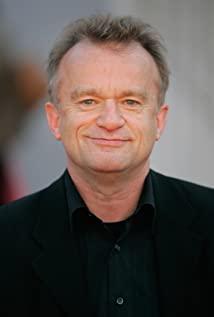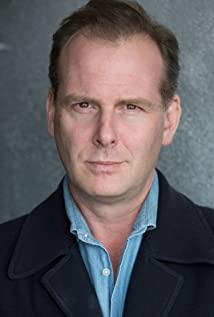One person, one sentence, one thing can lead to murder just like the butterfly effect. The most perfect murder is the one where the suspect is not caught, either planned by the murderer himself or hidden with the help of others, in short, no matter the murderer himself Hiding yourself or someone else's help to hide, as long as it succeeds, is the perfect murder. What the professor wants to say in his speech and at the end is that revealing laws does not mean discovering truth, and the existence of laws does not mean discovering the way to truth; numbers and their laws seem to be the most credible, but in fact numbers and their laws are the most random and inexhaustible. sequential and confusing. I think truth essentially reflects the human desire for perfection and curiosity about the unknown. The pursuit of truth is an act of satisfying this thirst for knowledge and curiosity. Only those who believe in perfection can believe in the truth, and those who pursue perfection will pursue the truth, but perfection and truth are not the premise of each other's existence. And perhaps those who seek perfection and truth are vain, whether they are trying to satisfy their own thirst for knowledge and curiosity or to prove their own wisdom or the wisdom of humanity as a whole. The little boy and the crazy classmate are the same, the professor publishing the book, and the person who publicly demonstrated the theorem, both... By the way, the heroine's breasts are big enough, over 3. I haven't seen such a big-breasted actress for many years. Here is another review written by someone else, which is excerpted here (excerpt): The film begins with the famous quote of the genius Wittgenstein: "What cannot be said must be silenced." What can't be said? The so-called "ground" of the law of causality is unspeakable. The boundaries of language are the boundaries of our thinking, beyond which logic collapses, philosophy dies, causality fails. The film is interspersed with many interesting examples, such as given such a sequence: 2, 4, 8. Ask what the fourth number should be, 16, of course, but is this the only solution? We can easily see the logical connection of the first three series (the nth power of 2), think that we have seen through the cause and effect, and feel comfortable and stable for this - this is the beauty of reason, logic, and science, the world is orderly, and logic is eternal Effective, the causal connection between everything can always be penetrated, otherwise how can we settle down, otherwise how can we be sure that the sun will still rise in the east tomorrow? The golden ratio, the pi ratio, the Fibonacci sequence... all seem to reveal that God is ruling the world with numbers, and there are rigorous mathematical explanations behind the myriad phenomena. The Grathian school of thought, which is also the source of the murderer's mark in the film). However, looking back, the fourth number after the "2, 4, 8" sequence can actually be 10, 7004, or even any number (please google for a specific explanation). Uncertainty, logic turns out not always reliable.
View more about
The Oxford Murders reviews











